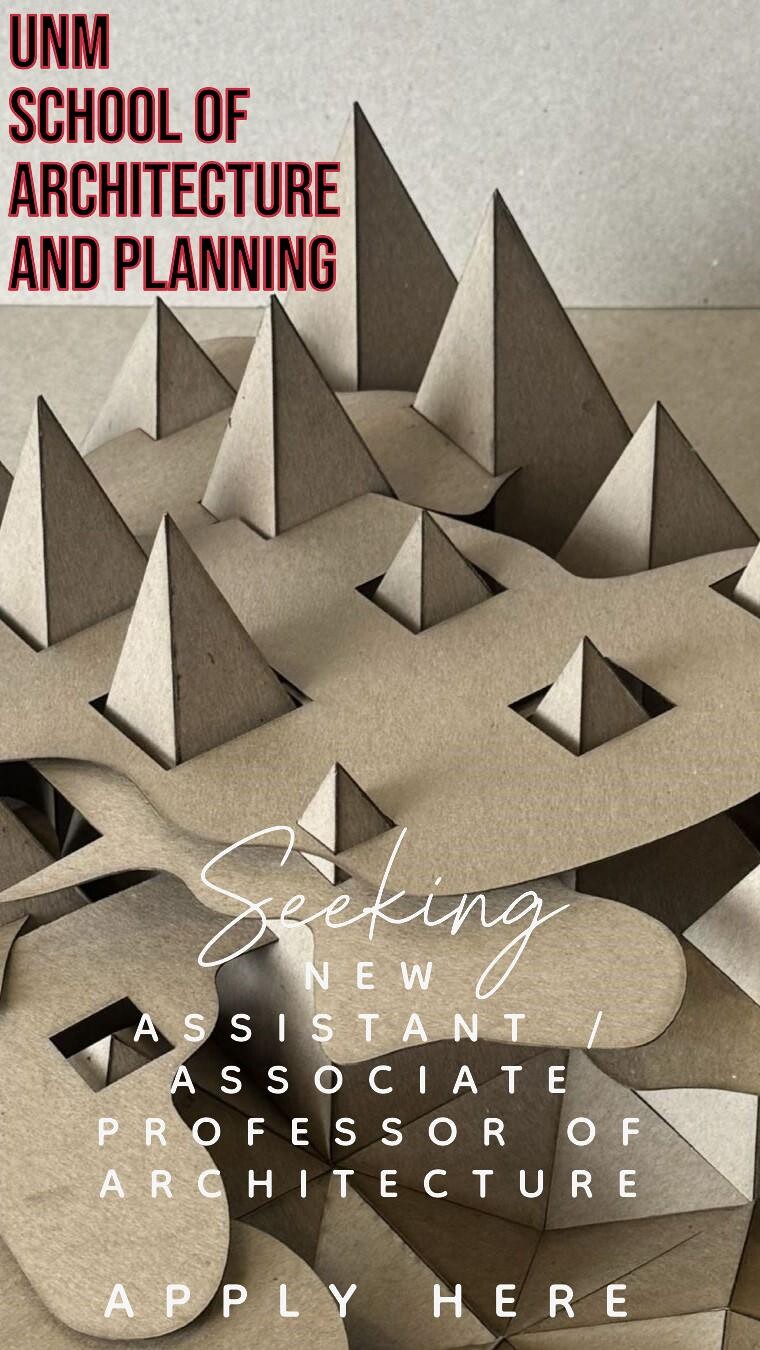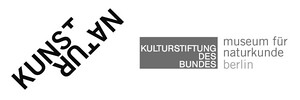Art/Nature III
April 25–July 23, 2017
Invalidenstraße 43
10115 Berlin
Germany
T +49 30 20938822
What happens when contemporary art encounters natural history collections, museum practice and research? Art/Nature is an international pilot project initiated by the Museum für Naturkunde Berlin and the German Federal Cultural Foundation, inviting artists to create new works by exploring a natural history museum. Art/Nature aims to experimentally transcend communicative barriers between the domain of contemporary art and the natural history museum, thereby generating fresh perspectives on nature and on museum culture.
How do you look through the eyes of a jumping spider or a squid? Find out by switching between animal and human perspectives in the Animaloculomat by the artist Klara Hobza. And if you happen to discover curious lost objects in the museum, don’t be surprised; they might be part of the installation created by writer Monika Rinck in the Mineral Hall.
With these two playful, audience-engaging interventions, the Art/Nature pilot project enters the third round. The two artists share more than just a sense of humour; they both also deal with the serious question as to how realities can be created through media such as language and images.
A most peculiar machine has landed in the museum’s Dinosaur Hall: the Animaloculomat, or “animal ocular-image machine.” This curious photo booth, created by artist Klara Hobza, invites visitors to participate in an artistic experiment. The computer-controlled eye of the Animaloculomat mimics the eye of an animal in its natural environment. There is very little known about how we are seen by animals or how they perceive us using other senses. With the Animaloculomat, Hobza works in the tradition of scientific and technological images. Her artistic interpretation offers quirky, yet plausible speculation.
Klara Hobza’s artistic works carry within them the elective affinity of charm and comedy, of steadfast analytics and fear of failure. The artist’s experiments evolve through the media of sculpture, video, performance and drawings. The stories of her works tread the fine line between science, fiction and fantasy. Klara Hobza (b. 1975 in Plzeň/Pilsen, Czech Republic) lives and works in Berlin. Curator: Bergit Arends (London).
Writer Monika Rinck works with the relationship between words and things in the broadest sense. Her texts have titles such as “Among the whispering of the fossils” and “The Lost Word” and they mean precisely what they say: fossils might not be mute, and words, like things, can get lost. It isn’t clear what then happens to them.
The Lost World is the title Monika Rinck has given to the interventions surrounding her installation in the Mineral Hall, where visitors can see her miniature texts and take copies with them. But this is not just about the texts in relation to things and names in the museum. It is also about the things themselves that are lost and can be found again. This raises questions for every visitor, and for the museum itself, before it puts an object on display. What have I found? What is it called? Who does it belong to? Where does it belong? What system can I use to preserve it? Monika Rinck introduces these questions in order to bring the questions that any natural history museum faces literally into the space among the objects and the visitors, without knowing the responses that her texts and actions will elicit.
First and foremost a poet and essayist, Monika Rinck (b. 1969 in Zweibrücken, Germany) incorporates questions of naming things, actions and situations into her work, not only as problems of language, with its well-nigh endless possibilities, but always also as questions about the realities created by language. Monika Rinck lives and works in Berlin. Curator: Cord Riechelmann. Literary performances on weekends and holidays from 11am to 5pm with Susanne Bredehöft, Thorsten Heidel and Hermann Heisig. Dramaturgy: Christian Filips.
In addition to the two interventions, the Art/Nature project will host an international conference on contemporary art in natural history museums on June 26–27 to reflect upon and discuss the expectations, potentials, values and possible limitations of this kind of interaction and intervention from the perspective of curators, artists and researchers.
The Museum für Naturkunde Berlin is pleased to invite you to the third round of Art/Nature. As an integrated research museum and active part of a globally linked research infrastructure, the museum’s interconnected activities comprise collection-based research, developing collections, and science-based public engagement. With responsibility for an internationally significant collection of more than 30 million objects, the museum aims to study this unique resource from the perspectives of science, epistemology, culture and art.
Head of project: Anita Hermannstädter / Coordination: Yori Schultka, kunst [at] mfn-berlin.de
Media contact: Gesine Steiner, gesine.steiner [at] mfn-berlin.de
*For opening, please register by emailing kunst [at] mfn-berlin.de


